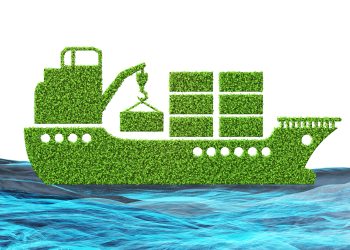As the UK officially exits the EU, the automatic right of EU vessels to fish in British waters, under the EU’s common fisheries policy, is to end, in a move that is considered a key benefit of Brexit for the UK. Under its five key negotiating principles with the EU, the UK government has engaged to make a better deal for UK fishermen.
Fishing industry has constituted a “red line” in the Brexit negotiations. The UK has some of the richest fishing grounds in the world but British vessels catch less than a third of all fish caught there.
In this regard, several European officials have expressed thoughts of British access to the EU’s financial services markets to be dependent on keeping the access European fishing fleets currently enjoy to UK waters.
A new bill, published on 30 January, defines the UK’s approach to fisheries management as the UK will leave the EU’s Common Fisheries Policy (CFP) by December.
Much of the focus on fishing relates to access and shares of quota, highly political issues that are likely to play a significant role in negotiations between the UK and EU on the future relationship.
“Leaving the EU’s failed common fisheries policies is one of the most important benefits of Brexit. It means we can create a fairer system,” Theresa Villiers, UK environment secretary, was quoted as saying by Guardian.
New provisions in the bill will mean the UK can now move towards “climate-smart’ fishing”, Barrie Deas, chief executive of the National Federation of Fishermen’s Organisations, noted.
However, the nature of the debate often overshadows concerns for the sustainability of fish stocks, the environmental NGO, Greener UK, stressed, calling for more clarity on whether greater quotas would be allocated to smaller boats, which are more sustainable than huge trawlers.
The focus we can expect on rights and access over the next few months must be matched by more detail on how the government will actually ensure sustainable fishing. This includes more clarity over whether stock will be allocated to smaller, more sustainable boats, and whether the government will introduce cameras on vessels so we can fully document what is coming out of the sea.
Turnover of the UK fishing fleet was close to £1 billion in 2018 while it employs an estimated 11,000 people.
The UK fishing fleet remained seventh largest in the EU in terms of vessel numbers in 2018.






























































